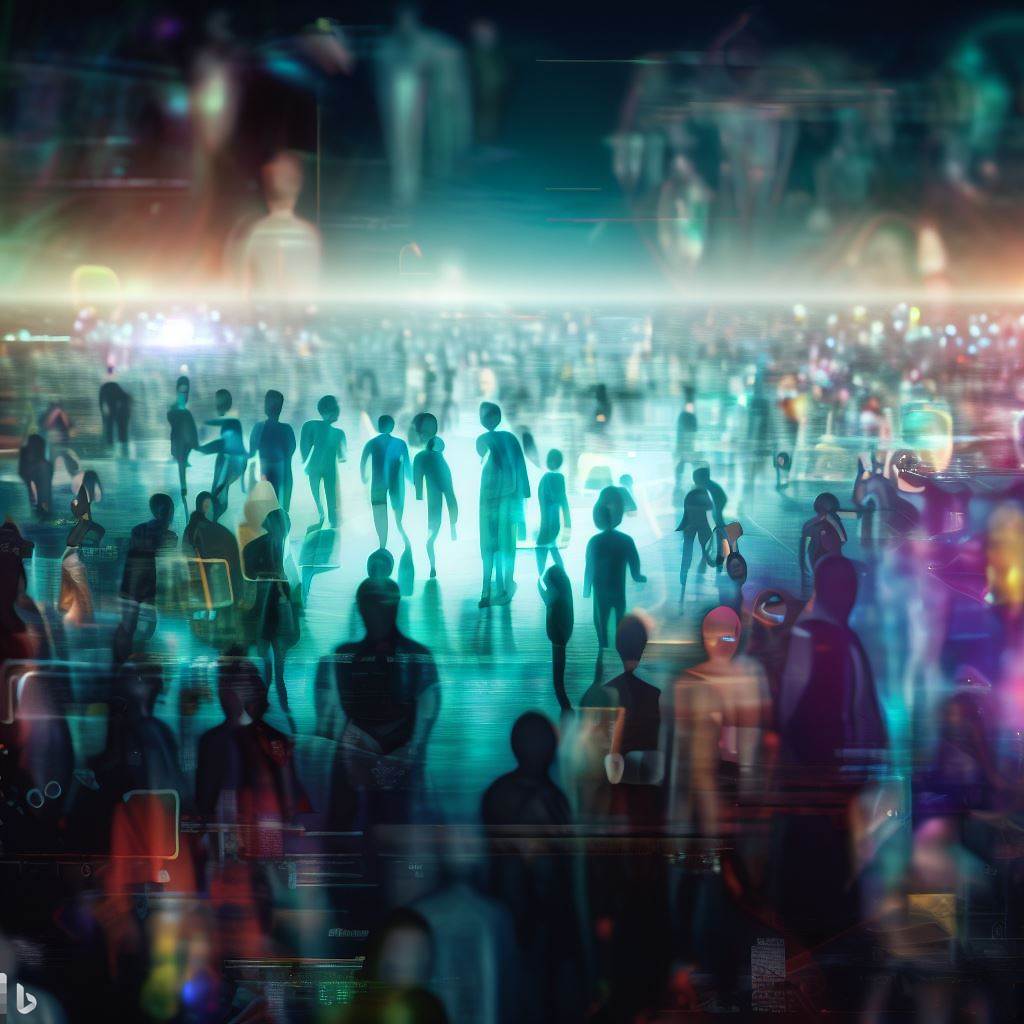
Communities have been the backbone of human societies for millennia. While the essence of a community remains – people coming together based on shared interests, values, or locales – the ways in which communities form, interact, and influence are undergoing transformations. Here’s a speculative vision of the future of community:
1. Digital Communities:
- With the rise of social media platforms, virtual reality, and other online spaces, digital communities will become as influential, if not more so, than physical ones. These platforms will offer new ways for individuals to connect, share, and collaborate regardless of geographical boundaries.
2. Hyperlocal Communities:
- In urbanized areas, there may be a resurgence of local community importance as people seek genuine human connections. These communities can help in pooling resources, sharing goods, and organizing local events.
3. Globally Connected, Locally Grounded:
- While the world becomes more interconnected, there will be a strong emphasis on understanding and preserving local cultures and traditions. This dual identity will be crucial in a globalized world.
4. Eco-communities:
- As environmental concerns intensify, communities built around sustainable living practices will grow. These may involve shared gardens, renewable energy sources, and communal waste management systems.
5. Skill-Sharing Communities:
- Continuous learning will be vital in the future. Communities where people share skills, from coding to cooking, will thrive. This can be seen as an evolution of the concept of “guilds.”
6. Community Governance:
- With technology enabling more direct democracy models, communities might have a stronger say in local governance and decision-making.
7. Interplanetary Communities:
- As space exploration advances, we might see the inception of off-Earth communities on places like Mars or the Moon. These would present unique challenges and opportunities for human collaboration.
8. Diversified Communities:
- With increasing mobility and cultural interchange, communities of the future will be more diverse. This will enrich them but may also require new ways to ensure cohesion and mutual understanding.
9. Mental Health and Wellbeing Communities:
- Recognizing the mental health crisis, communities centered around wellness, therapy, and mutual emotional support will become more prominent.
10. Decentralized Digital Communities:
- Blockchain and similar technologies may allow for decentralized online communities where power and decision-making are distributed among members rather than centralized platforms.
11. Blended Reality Communities:
- As augmented reality (AR) and virtual reality (VR) become commonplace, communities might interact in blended spaces that combine the digital and the physical.
12. Flexible Communities:
- People might belong to multiple, overlapping communities simultaneously, switching between them based on interests, needs, and life phases.
Conclusion:
The future of community is both exciting and challenging, with technology playing a pivotal role in its evolution. Communities will provide humans with a sense of belonging, identity, and support as they always have, but the ways they manifest and operate will reflect the changing world around them. Ensuring that these future communities are inclusive, supportive, and respectful will be essential to their success and to the wellbeing of their members.
